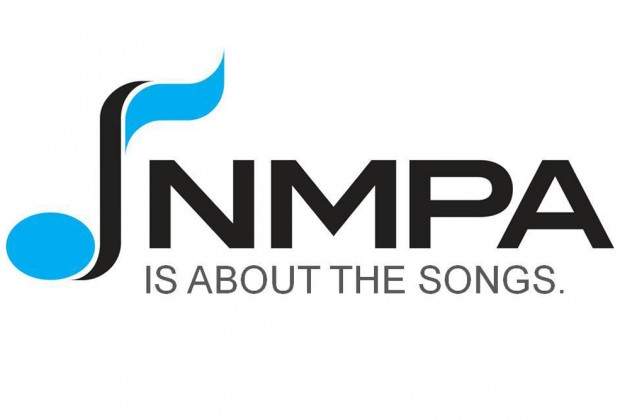Six influential conservative groups have sent a letter to members of the House Judiciary Committee urging them to reduce the burdensome government regulations that currently prevent songwriters from earning a fair wage in a free market.
The letter, which was signed by the Council for Citizens Against Government Waste, American Commitment, Center for Individual Freedom, Less Government, Small Business & Entrepreneurship Council and the Taxpayers Protection Alliance outlines how outdated and excessive laws and regulations have culminated in an environment that hurts the very individuals who fuel the music marketplace.
National Music Publishers’ Association President and CEO David Israelite praised the letter, saying, “Today songwriting is the most regulated part of the music industry. It makes no sense that in this day and age, the creators behind our favorite songs are constrained by centuries old laws and WWII-era regulations. Each songwriter is a small business owner who deserves to be able to negotiate the value of their intellectual property as other property owners can–in a free market–and I am pleased that these groups recognize that for music to continue to be made, our copyright system has to stop punishing those who make it.”
The full text of the letter can be found below and at this link: ccagw.org
“Dear Chairman Goodlatte and Ranking Member Conyers:
As organizations that value the important role of music and its creators, we urge the committee to liberate songwriters from excessive government regulation, and allow them to negotiate royalty rates in a free market.
Under today’s music licensing system, 75 percent of a songwriter’s income is subject to outdated laws and regulations that trivialize the value of their intellectual property. When records, CDs, and downloaded or on-demand streamed songs are sold today, songwriter royalties are set by a compulsory license system that Congress created in 1909 in an attempt to promote competition in the player piano market.
Furthermore, the two largest performing rights organizations that negotiate licenses and collect public performance royalties on behalf of songwriters are governed by Department of Justice consent decrees issued in 1941. Licensing is compulsory and in many cases the government – not the marketplace – sets the price of music license royalties. In today’s digital age, it is unreasonable for songwriter royalties to continue to be regulated by such an antiquated scheme.
We applaud the committee’s attention to music licensing during its ongoing review of the Copyright Act and believe the growing conversation and concerns about regulation in the music industry underscores the need for change. The committee should reject calls for new regulations, which will ultimately discourage the marketplace from developing innovative licensing solutions, and instead focus on addressing the government’s role in royalty-setting.
It is time for the government to remove itself from the songwriter’s business process and let the free market determine the value of these artistic creations as occurs with other forms of intellectual property such as movies, books, video games, magazines, and television shows. If the committee determines the government must continue to set songwriter royalty rates, at a minimum, we urge you to support H.R. 1283, the Songwriters Equity Act of 2015, which would guarantee that a market-based standard is applied when setting licensing rates.
Songwriters and publishers depend on royalties for their livelihood; and unlike recording artists, songwriters cannot supplement their income through touring, merchandise sales, or endorsements. Until anachronistic and burdensome regulations are eliminated, and songwriter compensation more accurately reflects its marketplace value, new songwriters will be dissuaded from entering the profession and future musical innovation will be stifled.
Thank you for your attention to this critical issue.
Sincerely,
CC: Judiciary Committee Members”
For more information, visit nmpa.org.













